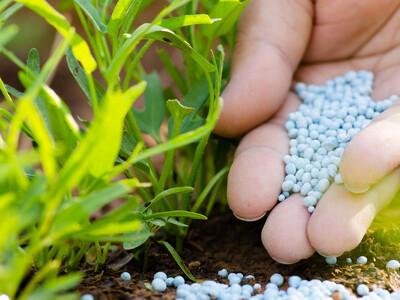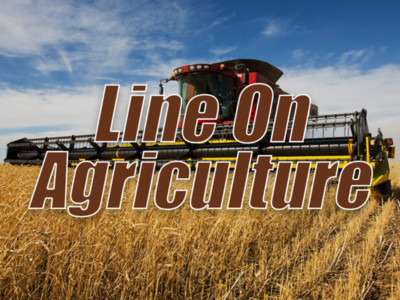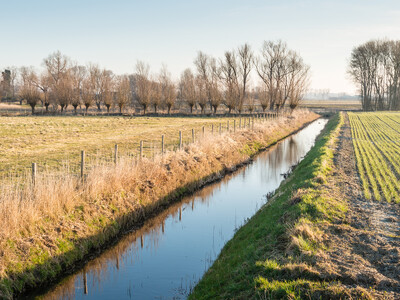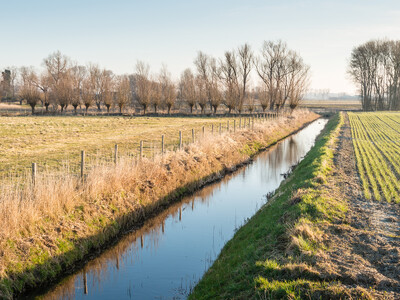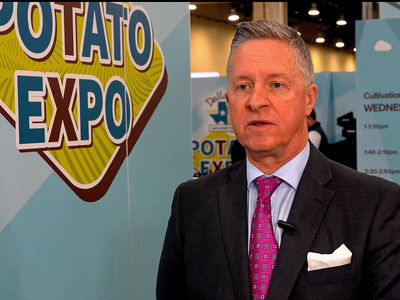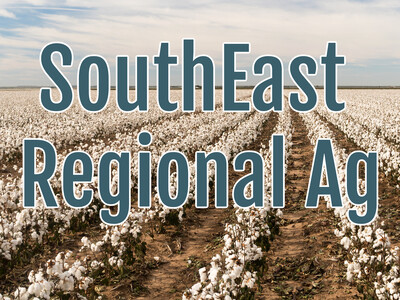Fighting Weeds
Fighting Weeds. I’m Greg Martin with today’s Line On Agriculture.
In the ongoing effort to improve fish and wildlife habitat in Oregon, the planting of desirable grasses and other vegetation to control erosion and siltation is very important. But it doesn’t do any good if what is planted is infested with weed seeds.
BUTLER: Prevention is certainly our first line of defense for managing weeds statewide. Historically, many of our worst noxious weeds were introduced as seed contaminants and brought into this country or into Oregon.
Tim Butler of the Oregon Department of Agriculture’s Noxious Weed Program advises land managers and owners to make sure what goes in the ground is clean and weed-free.
BUTLER: The best insurance that we recommend is that they procure seed ahead of time so they have enough time to pull a sample and have that tested to ensure that it does not contain noxious weeds.
The ODA regulates the state’s seed industry and does some sampling and testing as well. Additional testing may cost someone a little more, but having to remove weeds down the road will cost a lot more. Butler says planting contaminated seeds that end up being weeds is actually like shooting yourself in the foot when it comes to habitat restoration.
BUTLER: As good land stewards and land managers, it’s essential that people keep that in the back of their minds and when they are procuring seed to ensure that it’s a clean product and free from invasive noxious weeds.
That’s today’s Line On Agriculture. I’m Greg Martin on the Ag Information Network.




